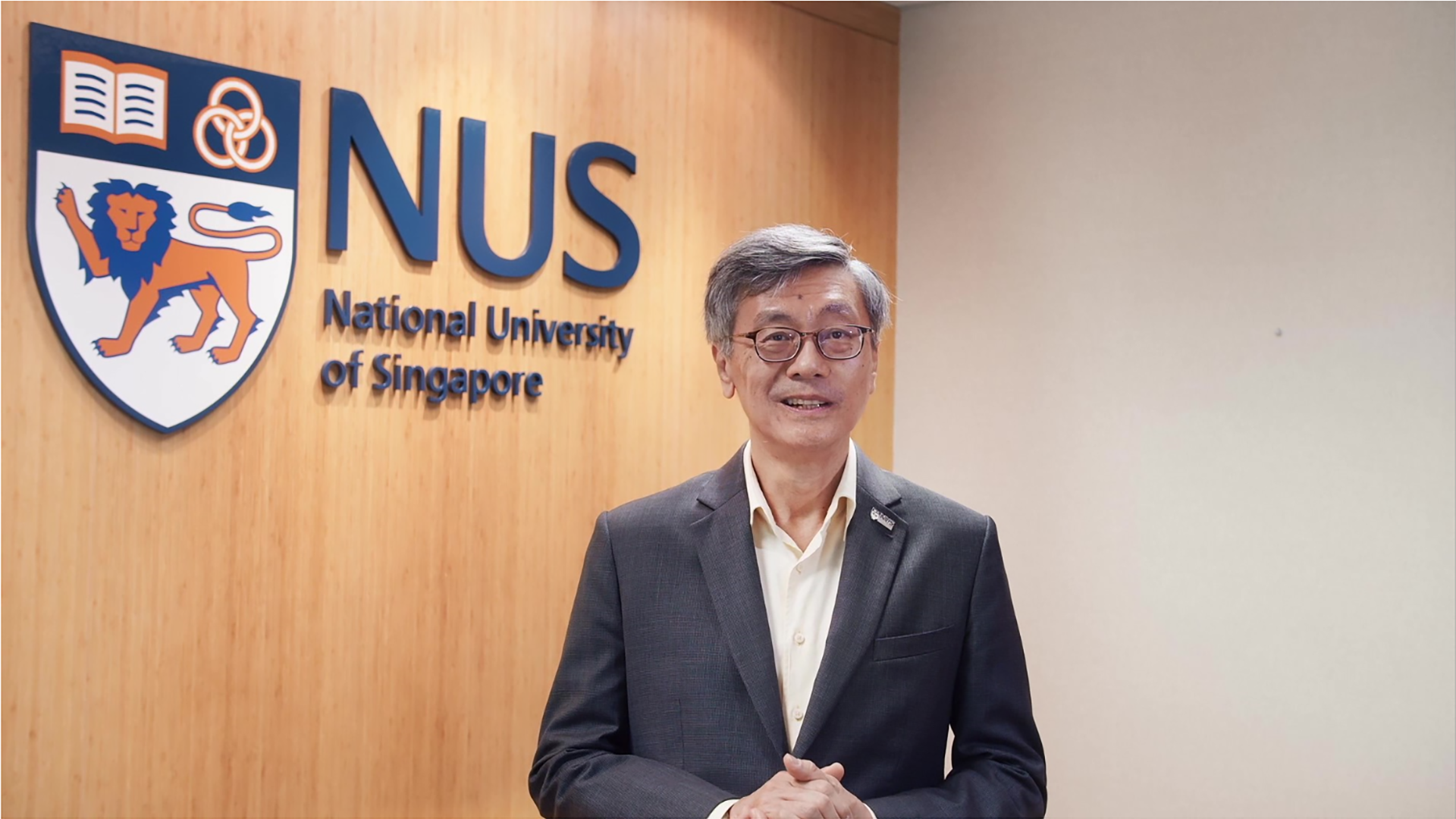Meeting the needs of society: How universities should transform and innovate
Universities need to constantly transform and innovate to meet expectations from societies worldwide for greater contributions – especially during troubled times such as the current COVID-19 pandemic.
According to NUS President Professor Tan Eng Chye, some of the fundamental changes required are the shifting to a model of continual lifelong learning, and ensuring that research can seamlessly benefit society.
“The impact of COVID-19 has demonstrated how interconnected our world has become. As the world recovers and rebuilds from the pandemic, there is growing public support that issues such as sustainable development, equality of opportunities, and the well-being of individuals and the community should take priority,” he said.
“Societies firmly rooted in such aspects will have greater inclusivity, cohesiveness, sustainability and equitability. They will be more resilient and adaptable, offering continuous opportunities for their members to thrive and grow.”
Universities will need to carefully consider how to meet the new expectations of society. One way is to move from a model of pre-employment training to continuous lifelong learning, said Prof Tan.
“In research, we need to consider how research advances can be seamlessly integrated into holistic and comprehensive frameworks to solve complex challenges.”
To meet these challenges, universities will have to transform and innovate successfully.
“By doing so, we will increase our dynamism and raise our contributions to society,” he said.
Prof Tan was speaking at the Global Forum of University Presidents 2021, held in conjunction with the 110th anniversary celebrations of China’s Tsinghua University. About 25 university leaders from around the world attended the event on 24 April.
The event was moderated by Professor Yang Bin, Vice President and Provost of Tsinghua University.
Speaking at the event, Tsinghua’s President Professor Qiu Yong said that international collaboration is vital to overcome global challenges such as climate change and social inequality. “Even closer collaboration will be needed to overcome future challenges,” he said.
Universities are among the longest surviving institutions in human history, and carry the hopes and expectations that they will benefit society, he said.
Mr Siddharth Chatterjee, United Nations Resident Coordinator in China, delivered a message from UN Secretary-General Mr António Guterres.
Universities have a central role to play in addressing the world’s challenges by nurturing new generations of young leaders and global citizens - by promoting digital cooperation and by helping to ensure access to quality education, said Mr Chatterjee.




